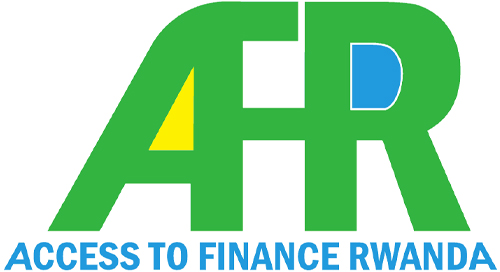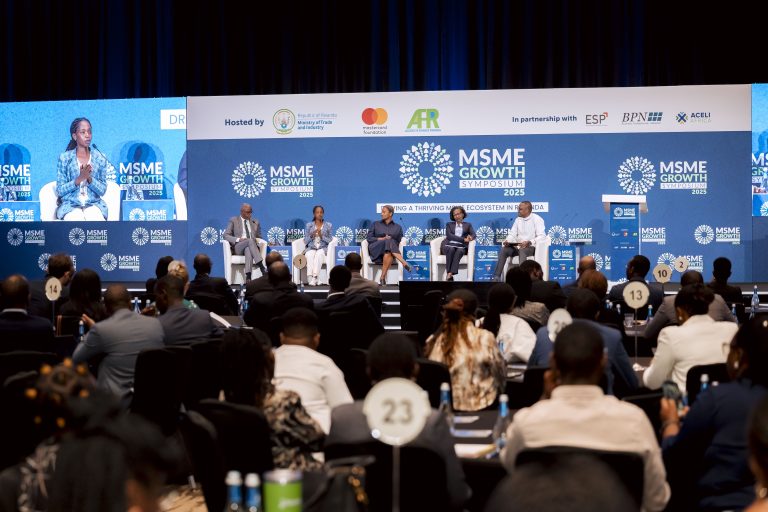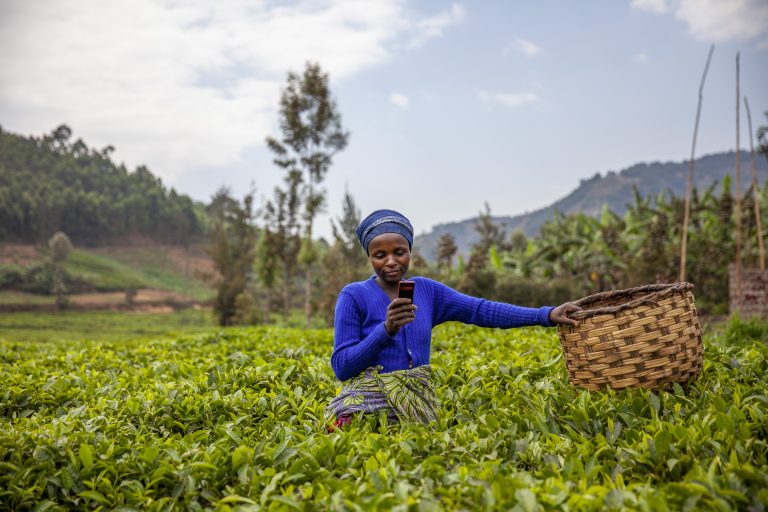
Rwanda National Digital Payment System(eKash)
Background
The Rwanda National Digital Payment System (eKash) project directly supports AFR’s strategy to “continue, and potentially expand, its current digital infrastructure interventions such as interoperability of payment platforms and agent networks to facilitate the inclusion of low-income individuals and deliver appropriate services to Micro, Small and Medium Enterprises (MSMEs).
The project is a continuation of a project in AFR Phase II and aims to facilitate change in market actors’ behavior to address constraints within the following supporting functions: infrastructure, market coordination, technical support, capacity building, and regulations and standards. It will also identify and support change to address constraints specific to women and other marginalized groups in accessing Digital Financial Services (DFS). The Various market analyses have revealed that women constitute a vast, untapped market opportunity, yet underserved and underrepresented in the financial service sphere.
Moreover, AFR has a key role to play to ensure that deepening digital financial sector is gender responsive, explicitly focuses on and prioritizes women to realize financial equity while upholding the principles of being demand-led, integrity, consumer protection and empowerment.



